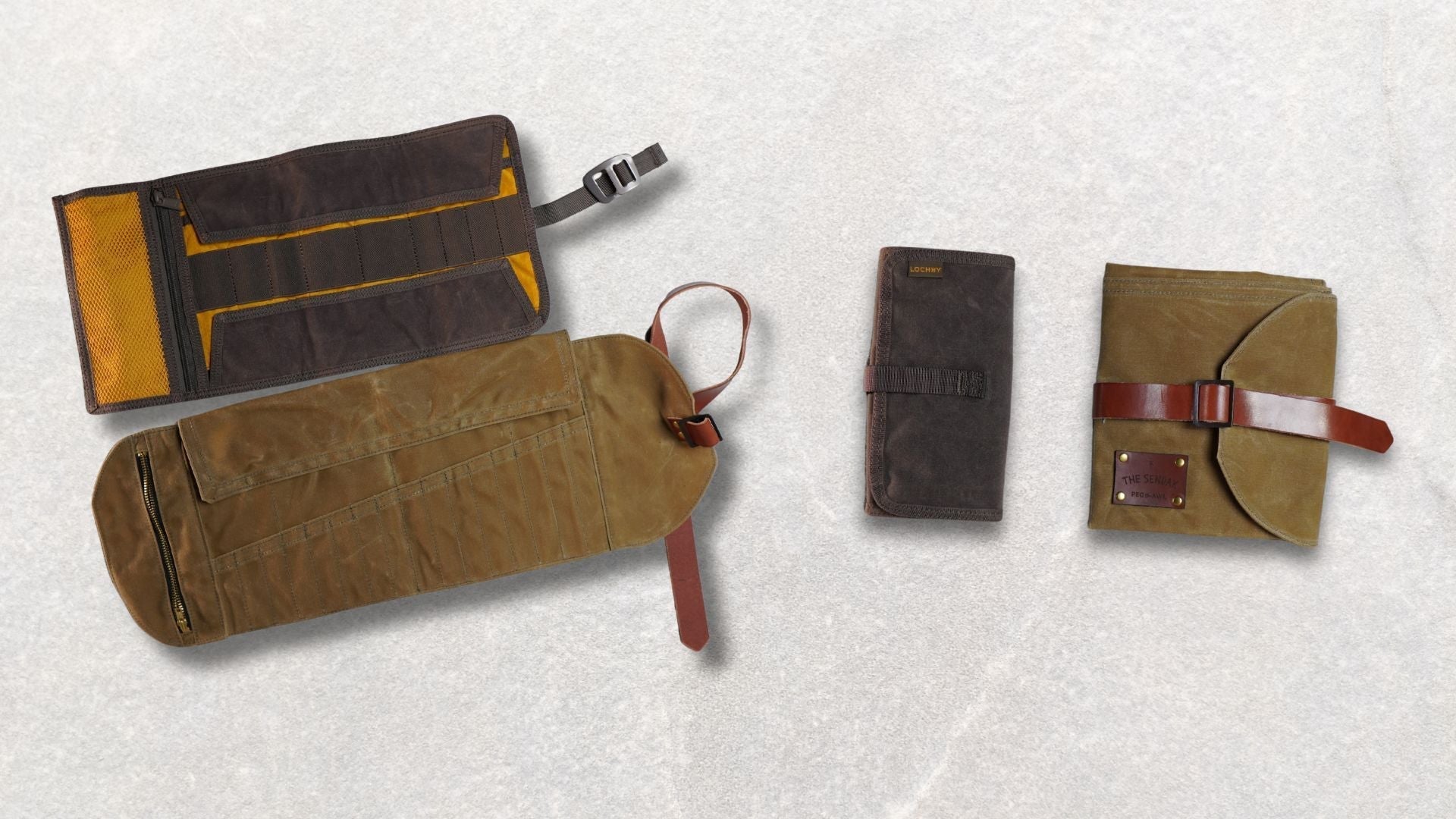If you’re into bullet journalling or journaling in general, then we’re pretty sure you’ve come across habit trackers. If you’re still on the fence as far as starting your own is concerned, here are science-backed reasons that prove habit tracking can help you achieve your goals and allow you to take advantage of the concept called the progress principle, among other things. But if you’ve made a decision and finally want to give it a try, we want to help answer a question you will most likely have.
What things can you track using a habit tracker?
While this may vary from person to person, we want to share this list to help you get started. For those who have been tracking their habits for years, you might come across something you haven’t thought of tracking before. No matter where you are in your journaling journey, it’s not too late to integrate habit tracking so you can start developing good habits now!
1. Water consumption
According to Harvard’s School of Public Health, staying hydrated by drinking enough water each day is important because of the following reasons: “to regulate body temperature, keep joints lubricated, prevent infections, deliver nutrients to cells, and keep organs functioning properly.” But it doesn’t end there! When we’re well-hydrated, we also see an improvement in mood, cognition, and sleep quality.
That being said, tracking your water consumption can be useful if you’re not the type to actively drink it. A lot of people do reach for a water bottle on auto-pilot, but there are others who either forget, or prefer other (less hydrating) drinks. Adding a Drink Water reminder to your habit tracker ensures you meet your daily fluid intake. According to The US National Academies of Sciences, Engineering, and Medicine, that’s around 15.5 cups (3.7 liters) for men, and 11.5 cups (2.7 liters) for women.
If you don’t want to carry around a big notebook just to be able to tick a box to confirm you’ve had enough water for the day, then you’re in luck! Our ultra portable Pocket Journal is small and compact enough to take with you everywhere.
2. Pay bills
Does it seem over to the top to add this to your habit tracker? Probably not if we look at a survey done by the National Foundation for Credit Counseling. As cited by Business Insider: “Among U.S. adults ages 18 to 34, just over half are paying their bills on time.” Now the reason why people are missing payments can be many—it can be because of financial hardship, for example—but nothing’s more frustrating than having the capability to pay, missing the due date anyway, and getting hit with penalties, just because you forgot to make a payment.
3. Hours of sleep
While eating right and getting enough exercise is detrimental to health, sleep is too, if not more so! It’s the body’s way to recharge, and getting an insufficient amount of it may cause serious health problems. As cited by the Sleep Foundation, the CDC reports that “35.2% of all adults in the U.S report sleeping less than seven hours per night.” This is less than what’s recommended: according to the American Academy of Sleep Medicine, the number of sleep hours to “avoid the health risks of chronic inadequate sleep” is seven hours or more.
A lot of us think we’re getting enough hours in, but short of tracking it, how can we tell?
4. Self care or “Me Time”
With how busy we are and how fast paced the world has become, it’s easy to forget that we can pause, take a breather, and prioritize ourselves. It gets worse the older we get: we’re expected to take on more responsibilities and put whatever is important on top of the list, sometimes at the expense of our well being. But it doesn’t have to be like that! There are numerous benefits to practicing self care, among them being able to manage stress better, and by scheduling time to relax, you’re not only better able to care for others in turn—you’re also better equipped to handle whatever comes your way.
Journaling itself is a great activity to do as part of your self care time due to the many science-backed benefits it provides not just mentally and emotionally, but physically too. Check this article out for the science behind journaling.
5. Tidy up
We get it: you’re busy and, sometimes, you just don’t have time to clean up after yourself or just clean up in general. It’s not like you’re approaching Hoarders levels, right? But while clutter starts out small—a stack of books here, a pile of dirty laundry there—these little things add up over time to become big things, and before you know it? You’ve got a mess that needs a considerable amount of your time to tidy up.
If you set a specific time each day to tidy up, though, you’re able to save more time in the long term: it allows you to manage the growing clutter in your surroundings and keep it to a minimum, which means you’re also able to enjoy the benefits of having a clean room. You’ll be surprised at how productive and stress-free you’ll be—and all because of a tidier space.
If you haven’t been tracking them yet, these are just some of the things that you can add to your habit tracker. The amount of things we can track is endless, but it’s important to focus on what’s important and applicable to you and your circumstances.
What are you trying to achieve or improve? And have you ever considered the things listed here if it’s not yet a part of your tracker? We’d love to hear what you think, so let us know in the comments below!
With that, as always, keep on creating!





4 Ideas To Start An Art Journal Even If You're Not An Artist!
How These 3 Lessons Brought Me Success in Business